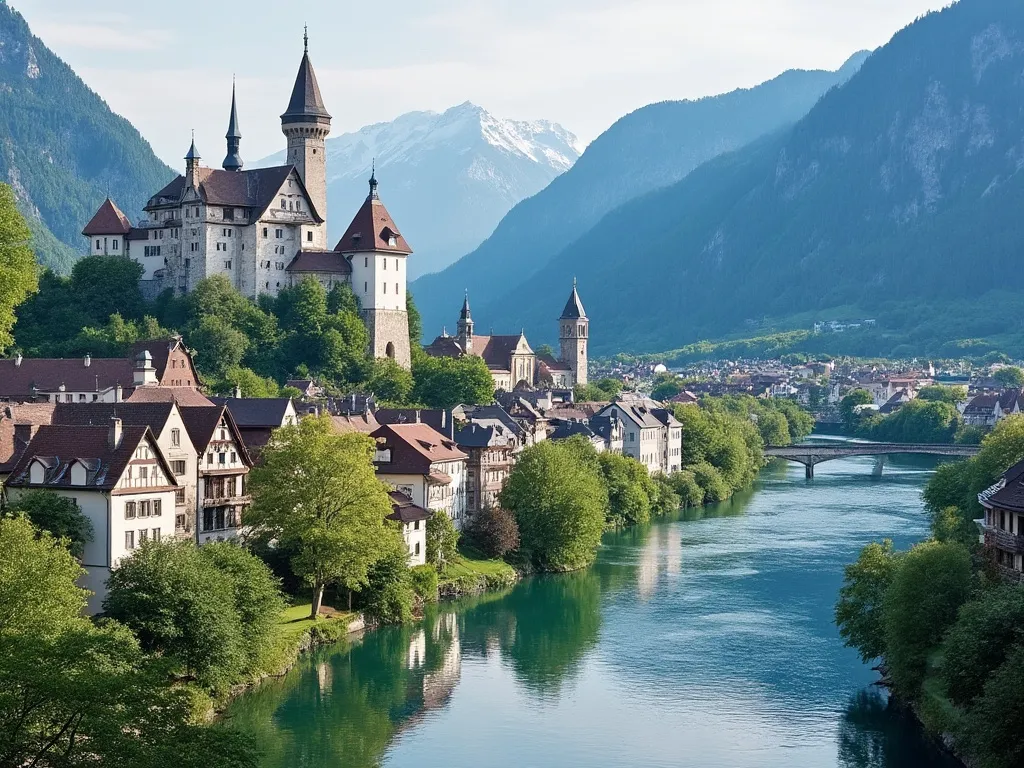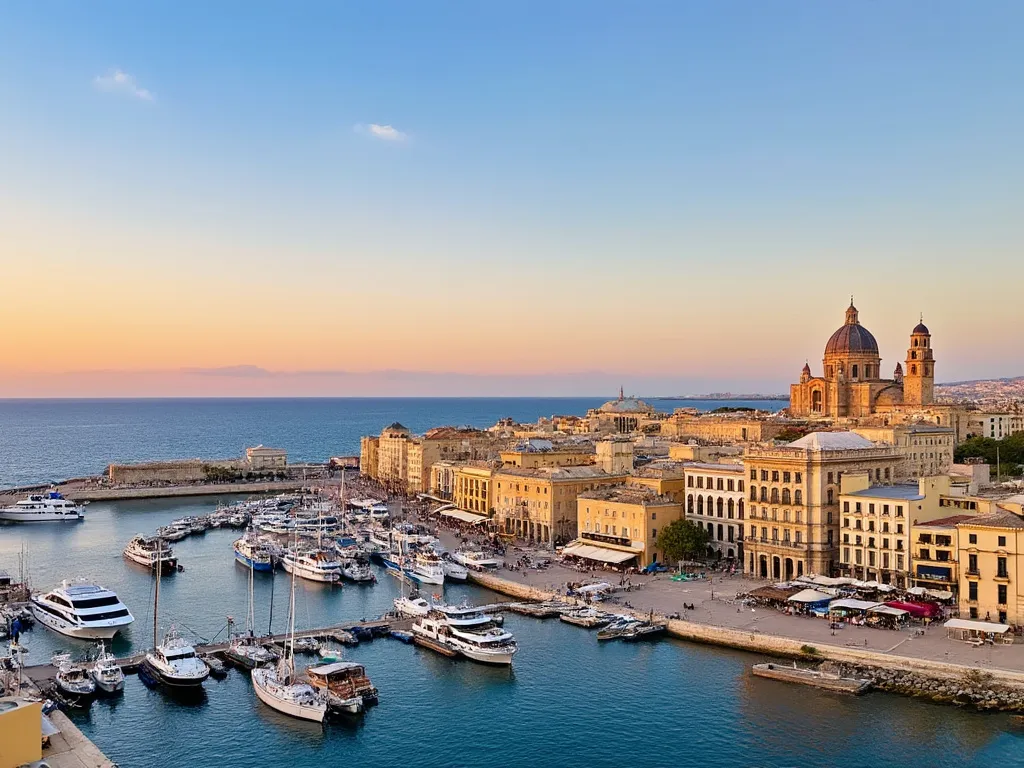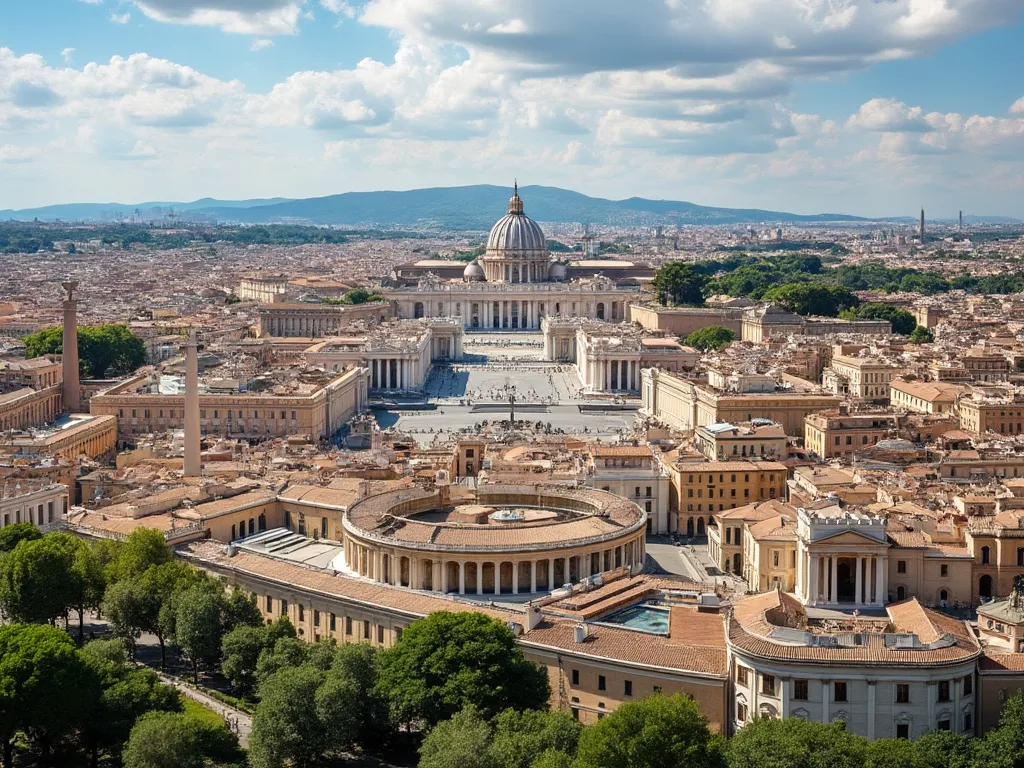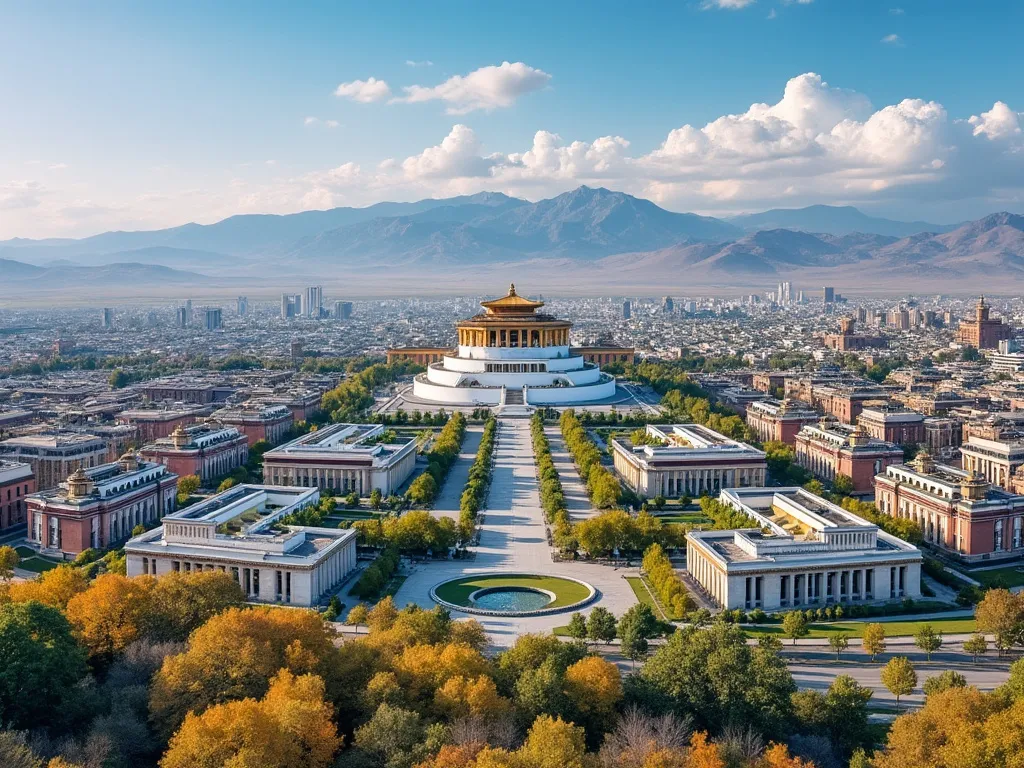
Vaduz is the capital city of the small European country of Liechtenstein, located between Switzerland and Austria. With a population of approximately 5,500 people, Vaduz is one of the smallest capital cities in the world. Despite its small size, Vaduz has a rich history, cultural significance, and economic importance.
Vaduz information
| Country | 🇱🇮 Liechtenstein |
| Population | approximately 5,500 |
| Coordinates | 47.1364° N, 9.5214° E |
| Area | 17.3 km² |
| Climate | Temperate climate with cold winters and warm summers |
| Language | German |
| Currency | Swiss franc |
| Time zone | CET (UTC+1) |
| Proximity to other major cities | Zurich, Switzerland (120 km), Munich, Germany (220 km) |
Interesting facts about Vaduz
- Vaduz is one of the smallest capital cities in the world.
- The city has a unique postal system, with its own stamps and postal code.
- Vaduz is home to the University of Liechtenstein, which offers programs in business, engineering, and architecture.
- The city hosts the annual Vaduz Festival, which features music, theater, and dance performances.
Tourist attractions in Vaduz
- Vaduz Castle: a medieval castle that now serves as a museum and cultural center.
- Cathedral of St. Florin: a beautiful Catholic cathedral built in the 19th century.
- National Museum of Liechtenstein: a museum showcasing the country's history, art, and culture.
- Government Building: a modern building that serves as the seat of government.
- Rhine River: a popular destination for boat tours and outdoor activities.
Historical background of Vaduz
Vaduz has a long and complex history dating back to the 12th century. The city was first mentioned in 1150, and it has been part of various empires and dynasties throughout the centuries, including the Holy Roman Empire, the Habsburgs, and the Princes of Liechtenstein. In 1719, Vaduz became the capital of the Principality of Liechtenstein, which gained independence from Austria in 1866.
Geographical location of Vaduz
Vaduz is located in the Rhine Valley, surrounded by the Swiss Alps to the east and the Austrian Alps to the west. The city is situated on the east bank of the Rhine River, which forms the border with Switzerland. Vaduz has a temperate climate with cold winters and warm summers, making it a popular destination for tourists and outdoor enthusiasts.
Cultural significance of Vaduz
Vaduz has a rich cultural heritage, with numerous museums, galleries, and cultural events throughout the year. The city is home to the National Museum of Liechtenstein, which showcases the country's history, art, and culture. Vaduz is also known for its beautiful architecture, including the Vaduz Castle, the Cathedral of St. Florin, and the Government Building.
Economic importance of Vaduz
Vaduz is the economic center of Liechtenstein, with a strong focus on finance, industry, and tourism. The city is home to many international companies, banks, and financial institutions, taking advantage of the country's favorable tax laws and business-friendly environment. Vaduz is also a popular destination for tourists, with its beautiful scenery, cultural attractions, and outdoor activities.
Conclusion on Vaduz
Vaduz is a unique and fascinating capital city that offers a rich cultural heritage, stunning natural beauty, and economic importance. Despite its small size, Vaduz has a lot to offer visitors and is definitely worth a visit.
 Valletta
Valletta
 Vatican City
Vatican City
 Tunis
Tunis
 Ulaanbaatar
Ulaanbaatar